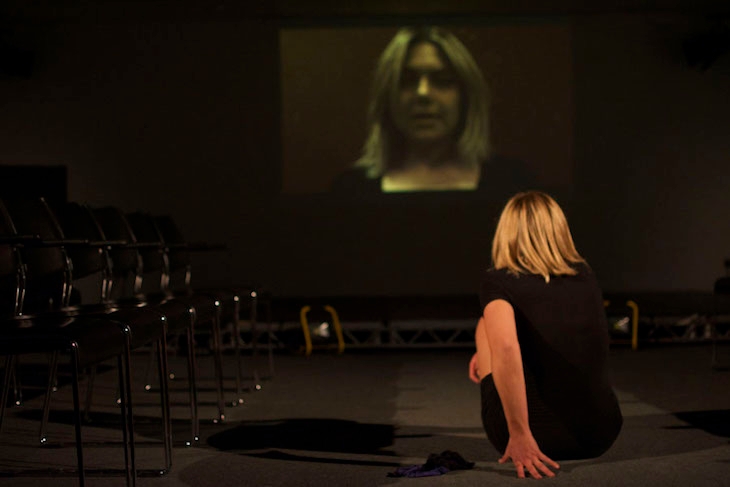The musicians of Ensemble Grizzana are arranged in the usual way for their concert at St Paul’s Hall in Huddersfield. Another player, the percussionist Dmitra Lazaridou Chatzigoga, sits among them. The table beside her holds a small and rather beaten-up zither and a tray of the kind of objects you might find at the back of a spare kitchen drawer: two filter baskets from stove-top espresso machines, a tea-strainer, letter opener, a cog, a nut and bolt.
Visitors to Huddersfield’s annual contemporary music festival, now in its 40th edition, are used to eccentricity. The presence of such a tray on the Wigmore Hall stage would raise eyebrows well beyond their usual range, but here it’s pretty much business as usual. The effect is unusual, however, in one respect: the wonderful contribution these everyday objects make to the music. Indeed, I would defy anyone with a functioning pair of ears and a reasonably open mind (the two often amount to the same) to listen to the resulting piece of music — How Vain Are All Our Frail Delights (2017) by the Swedish composer Magnus Granberg — and not be won over by the sheer beauty of it.
We are used to thinking of beauty as something that somehow perfectly fits our taste, and which as a result answers to our individuality. But there’s another and arguably more profound kind of beauty that attaches itself to the simple experience of attending to things and letting them be. It’s as true when we find ourselves enchanted by a baby or child as when we are caught up in the act of looking at a painting by Memling or Cézanne, and comes just as well, if with a little more effort, from stopping to take in the look of a randomly settled pebble, or to listen to the long grass soughing in the breeze, or being arrested by the sight of a hovering kestrel.








Comments
Join the debate for just £1 a month
Be part of the conversation with other Spectator readers by getting your first three months for £3.
UNLOCK ACCESS Just £1 a monthAlready a subscriber? Log in